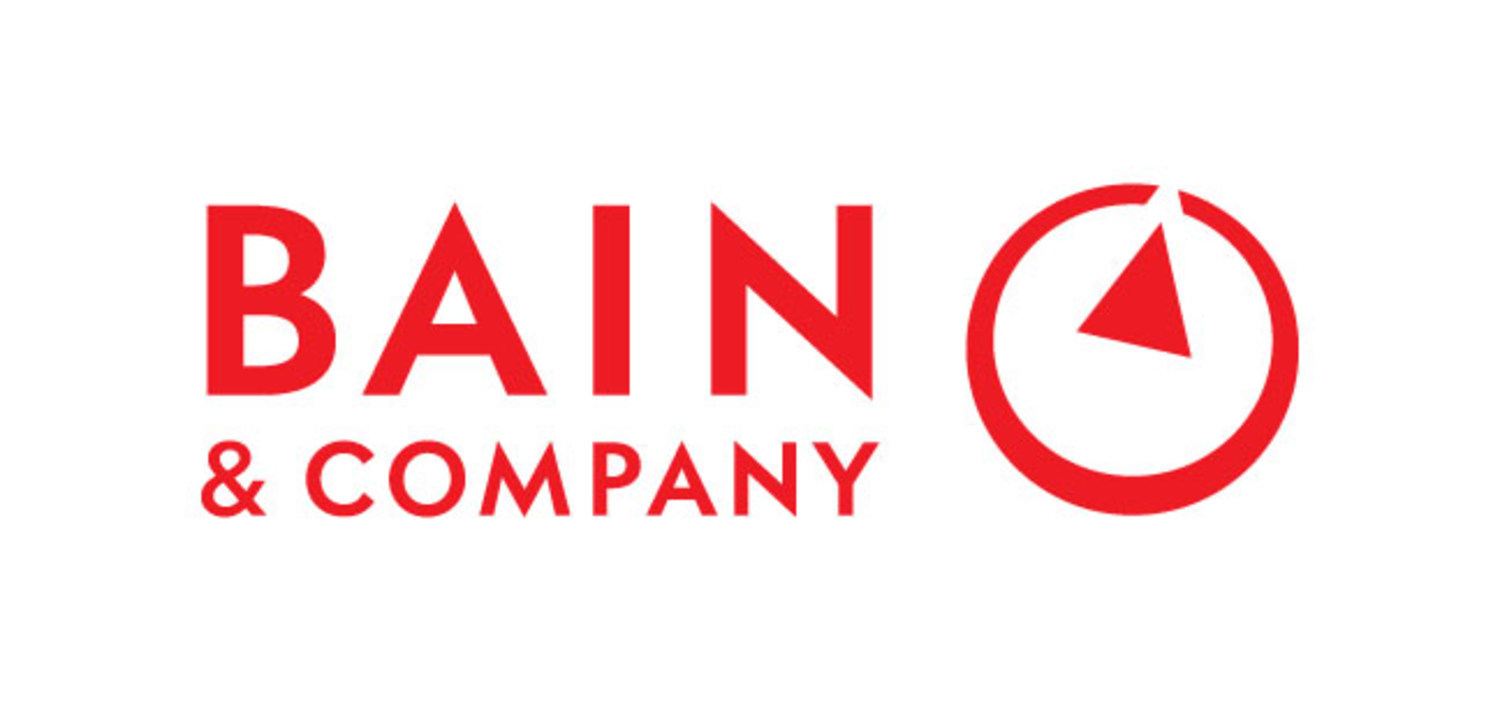Sustainability remains a priority for CEOs, consumers, and B2B buyers, according to a recent report by Bain & Company. Despite the backlash against environmental, social, and governance (ESG) initiatives over the past year, the research highlights a continued commitment to sustainable practices due to their tangible business value. Released on September 15, 2025, the third edition of The Visionary CEO’s Guide to Sustainability 2025 reveals that the decline in sustainability focus observed between 2023 and 2024 is stabilizing.
The report indicates that while CEOs may be discussing sustainability less frequently, they are still implementing sustainable strategies. Bain’s AI-powered Sustainability Pulse tool analyzed over 35,000 statements made by CEOs from 150 leading companies over the years 2018, 2022, and 2024. Findings show a shift in perspective: executives are increasingly viewing sustainability not merely as a compliance issue but as an integral part of business success.
According to Bain’s analysis, 25% of global carbon dioxide emissions can be reduced profitably today. This can be achieved through various strategies, including improved energy efficiency, circular design, and localized supply chains. The report urges CEOs to integrate these profitable decarbonization levers into their daily operations to drive sustainable growth. Furthermore, an additional 32% of emissions reduction strategies may become profitable in the near future, contingent on evolving policies, technological advancements, and changing consumer behaviors.
Jean-Charles van den Branden, Bain’s global Sustainability practice leader, commented, “After the initial years of bold ambitions and target setting, CEOs took a reality check on their sustainability agenda last year. Today, CEOs might speak less about sustainability, but what they lack in words, they make up in action, a phenomenon we call the ‘do-say’ gap.” He emphasized the importance of leveraging existing profitable strategies to advance companies’ net-zero goals.
The role of artificial intelligence in promoting sustainable practices is also highlighted in the report. Companies are increasingly adopting AI to enhance energy efficiency, reduce waste, and improve workplace safety. Among 400 C-suite and sustainability executives surveyed in nine countries, nearly 80% believe AI presents a significant opportunity for advancing sustainability initiatives. Nonetheless, over 50% of respondents are still in the preliminary stages of exploring these AI applications.
While the potential for AI to contribute positively to sustainability is substantial, Bain warns that scaling AI may also have environmental repercussions. Their climate-economic modeling tool, INTERSECT, predicts that AI and data centers could generate 810 million metric tons of carbon dioxide annually by 2035, accounting for 2% of global emissions and 17% of industrial emissions. In the United States, the proportion of AI-driven industrial emissions could rise from 18% in 2022 to over 50% by 2035, particularly in regions reliant on fossil fuels.
The commitment to sustainable practices is not limited to CEOs; B2B buyers are increasingly prioritizing sustainability in their purchasing decisions. A Bain survey of over 750 global B2B customers across various sectors, including automotive and construction, revealed that half are already sourcing more from sustainable suppliers. Nearly 70% of these buyers plan to increase their purchases from sustainable sources over the next three years. Additionally, 90% of revenue growth leaders anticipate a positive impact from sustainability on their businesses in the coming years.
Consumer attitudes towards sustainability mirror those of B2B buyers. A survey of more than 14,000 consumers across eight countries indicates that despite some decline in environmental concern due to geopolitical issues and rising living costs, a significant majority remains committed to sustainability. Approximately 80% of global respondents believe their individual choices can make a difference. Nearly a third report practicing six or more sustainable habits daily, and 70% express a desire to adopt even more sustainable practices.
Barriers to sustainable living persist, particularly regarding cost. For instance, while U.S. consumers are willing to pay up to 13% more for green products, data suggests that many sustainable items are priced much higher, with an average premium of 28%. Businesses can address this challenge by investing in research and development to innovate and advocate for supportive policies to bridge the price gap.
Limited knowledge about sustainable options also hinders consumer efforts. Although over 60% of consumers feel confident identifying sustainable products, most struggle to compare the carbon impact of their everyday choices. More than 50% of consumers cite a lack of clear information as a significant obstacle. Technology, particularly the rise of generative AI tools like ChatGPT, is helping to close this information gap. About a third of users rely on AI for eco-friendly product recommendations, indicating a shift towards more informed purchasing decisions.
Van den Branden concluded, “The message from this year’s report is clear – sustainability and business ambitions can grow in tandem. The leaders are those who can cut through the noise, stay focused on their agenda, and act consistently.” Companies that embrace this approach are likely to find that sustainability efforts yield both environmental and economic benefits.
